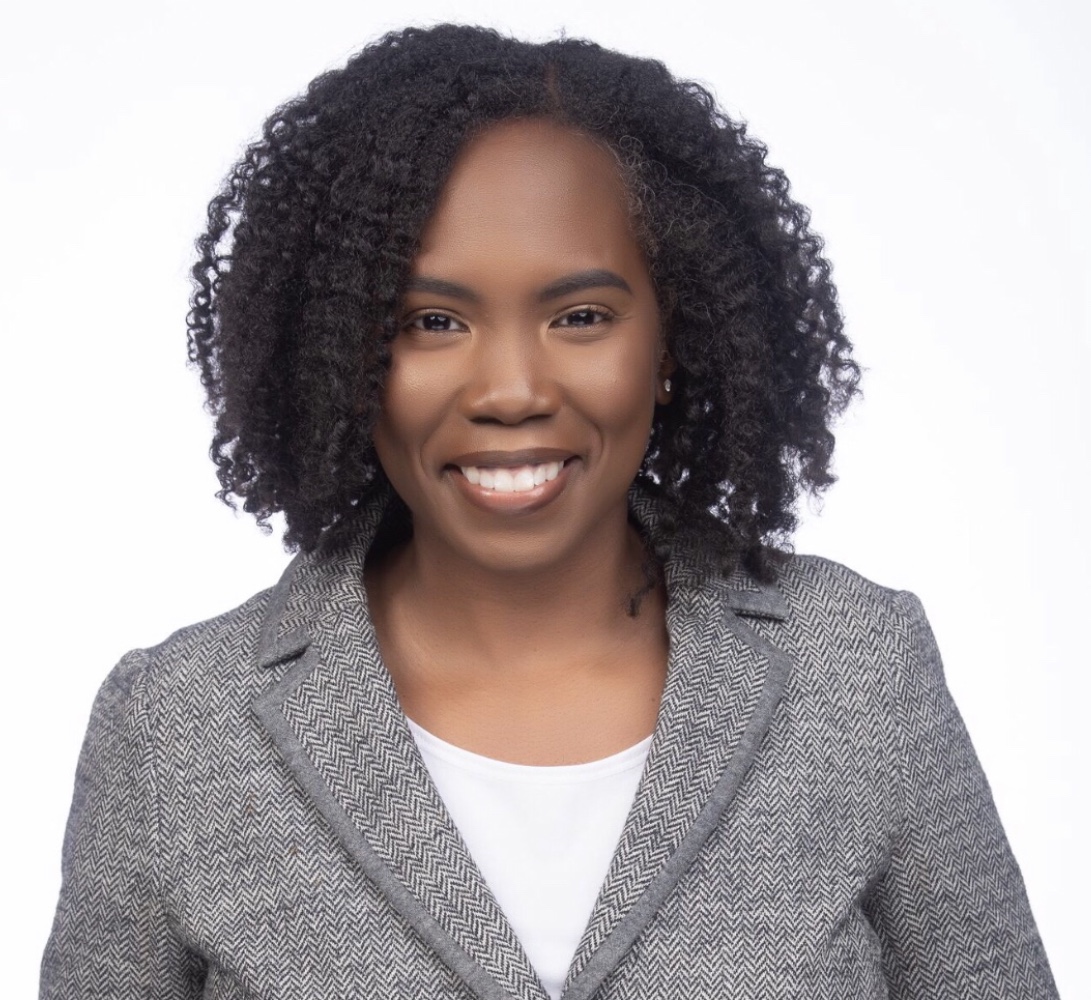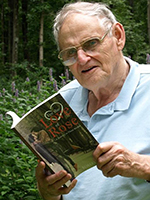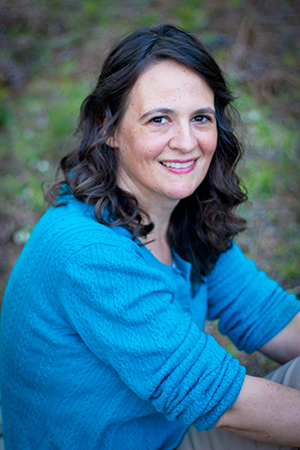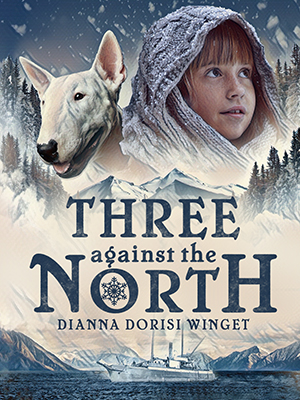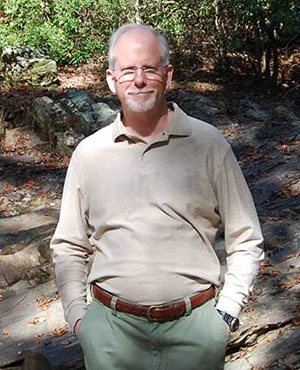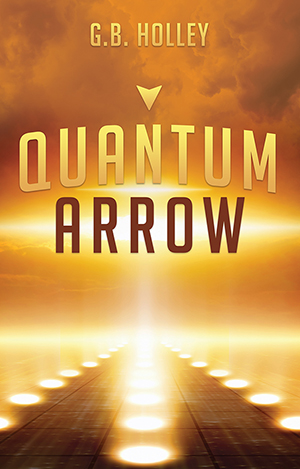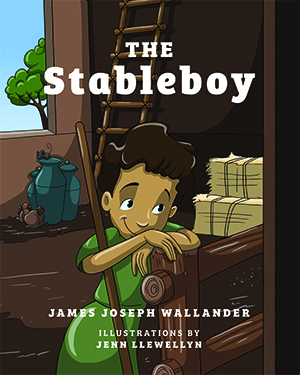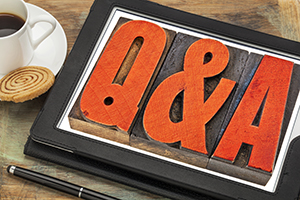
An Interview with Author Imani L. Hamilton
Imani L. Hamilton is the author of The Debt Denominator: How to Dig Deep Beyond the Surface to Divorce Your Debt.
Books:

The Debt Denominator: How to Dig Deep Beyond the Surface to Divorce Your Debt
Published date: 5/27/2021
Social Media:
- Website: https://financebyfaith.com
Author bio
Fueled by love for God and family, Imani Hamilton is on assignment to help increase ownership within the Black community. As Founder and CEO of Finance by Faith LLC, Imani helps clients acquire real estate and build generational wealth through cash flow management and debt elimination – with a unique faith-based approach to financial coaching and consulting. Individuals, married couples, churches and non-profit organizations have been empowered by Imani’s integrity, reliability, and caring, non-judgmental approach – and her ability to leverage her professional expertise and personal financial journey to educate them on how to be good financial stewards. Imani has a B.S. in Mathematics from Clark Atlanta University and an MBA in Real Estate and Finance from The Wharton School at the University of Pennsylvania.
Tell us about your book
The Debt Denominator is a framework to getting out of debt from a biblical perspective. It is designed to show the reader that a path out of debt is in God’s word and each step is followed with questions to encourage the reader to take action.
What motivated you to write this book?
I wanted to provide hope and a strategy to people who are overwhelmed with debt.
Who is your target audience for this book?
The target audience is people who look to the Bible for guidance.
Are your books tied to a business you own or work for? If so, tell us about that business and how the book and the business work together.
Yes, I am the Founder of Finance by Faith, which is a financial coaching and consulting company that uses a faith-based perspective to help people manage cash flow, get out of debt, and build generational wealth.
Are you ever concerned that the language of your book is either too technically difficult or too elementary and potentially insulting for your target audience? How do you decide?
No, I am not concerned about the language of the book. For financial terms that may be unfamiliar to the reader, I have defined them when appropriate and have included a glossary for easy reference.
How long did your book take to complete?
18 months
Are you currently working on another book? Is it the same genre?
No, I am not currently working on another book, but foresee more books in the future.
Why did you decide to self-publish?
It was an easily accessible channel to distribute the information.
Did you use IngramSpark, Amazon KDP, or another company to handle the printing and distribution of your book.
Yes, Amazon KDP and IngramSpark.
Did you purchase your own ISBN or have one assigned to you by Amazon KDP or IngramSpark?
I purchased my own ISBN.
Now that your book is in print, do you have any regrets?
No regrets. I am satisfied with the outcome.
What parts did you do own your own, and what did you hire out to have done? (Editing, book design, cover design, eBook, marketing, etc.)
I wrote the book and am handling the marketing. I hired professionals for editing, cover and book design.
What would you do it differently if you were to self-publish again?
I probably would hire a marketing team.
What is the most difficult part of writing this book?
The most difficult part of writing this book was staying focused to write on a consistent basis. With other commitments and distractions, sitting down to write had to become a top priority in order to get it done.
What motivates you as a writer?
I am motivated by my desire to help and serve others.
What skills, education, and/or experience have you acquired that helped you develop as a writer for this topic?
I was personally overwhelmed with six figures of debt and was able to successfully pay it off. Additionally, I have an MBA in finance and real estate and have worked in financial services for over 15 years, of which seven years was spent in commercial real estate lending.
What marketing have you done for your book? What worked and what did not?
I marketed the book through social media, email marketing and word of mouth.
Did you start marketing before your book was launched? If not, do you regret that decision?
Yes, I started marketing the book before it was launched.
Which social media platform do you use the most?
Facebook and Instagram
Anything Else?
I would advise other authors to hire a professional for editing and book design if their budget allows. Being that this is my first book, working with professionals like Jera Publishing helped me tremendously as I navigated the self-publishing process.

